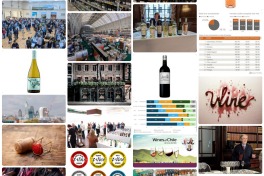Climate Change
-
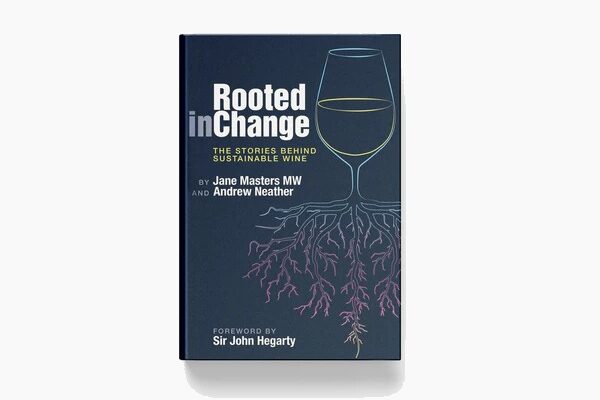
Rooted in Change: The Stories Behind Sustainable Wine
Jane Masters MW and Andrew Neather have created something different in the world of wine publishing: a serious, grounded examination of wine’s relationship with climate change, sustainability and trade. Published in 2025 and running to 248 pages, the book avoids lifestyle fluff and instead offers a sober, evidence-based account of where wine stands today and…
-
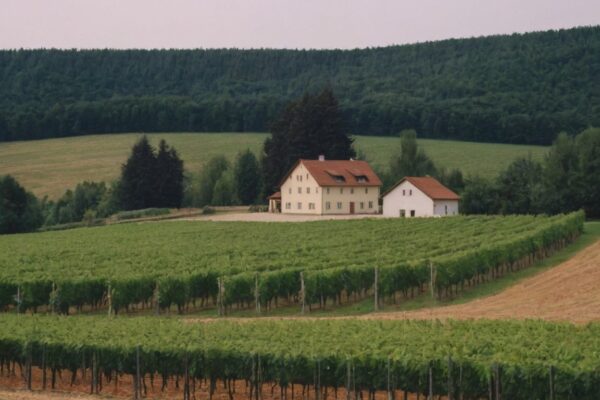
Smallest Vintage in Germany Since 2010
Germany is set to record its smallest wine vintage since 2010, with the nationwide grape must harvest estimated at just 7.3 million hectolitres. This marks a 7% decline compared to last year and a 16% drop against the 10-year average of 8.7 million hectolitres. The sharp reduction is largely due to poor yields in the…
-
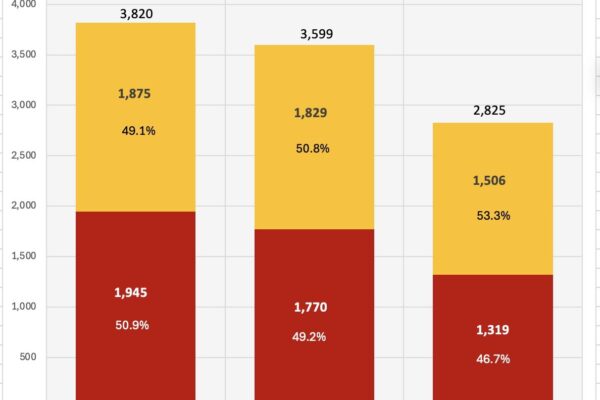
Spain’s Wine Industry at a Red-White Crossroads
The American Association of Wine Economists recently posted a chart showing Spain’s wine production has been declining and it has also shifted away from red. Spain’s falling output is mostly a climate story, amplified by weaker demand and policy responses. After peaking in 2018, production has trended lower as drought, heat and erratic rainfall have…
-

Bordeaux Royalty Chooses Vin de France
Château Lafleur has fired the starting gun on one of the most consequential shifts in modern Bordeaux. In a letter dated Sunday 24 August 2025, the Guinaudeau family confirmed that, from the 2025 harvest, all six of the estate’s wines will drop the appellations of Pomerol and Bordeaux and be labelled Vin de France. For…
-

Climate Change Fuels Rise of Non-Vintage Wines
The BBC is reporting that climate change is leading more winemakers to produce non-vintage still wines, blending grapes from different years to cope with increasingly unpredictable weather. While vintage has long been seen as a mark of quality, extreme conditions like heatwaves, wildfires, and frosts are making single-year production more difficult. To maintain consistency and…
-
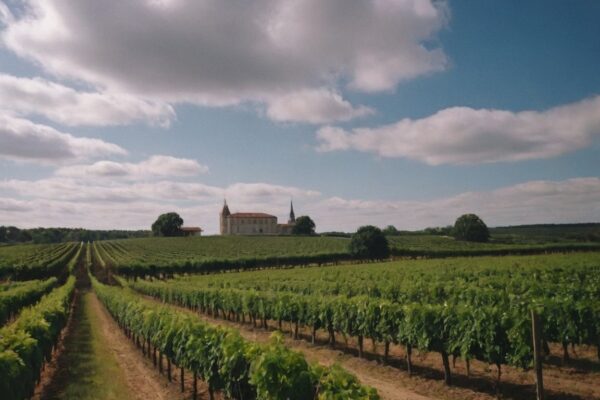
How Climate Change is Affecting Bordeaux Wine Producers
New research examines the impact of climate change on the income of wine producers in the Bordeaux region. The study analyses the relationship between climate variables, vineyard characteristics and economic performance. The findings indicate that rising temperatures and changing rainfall patterns significantly affect vineyard yields and income, with high temperatures during the bloom period (May…
-
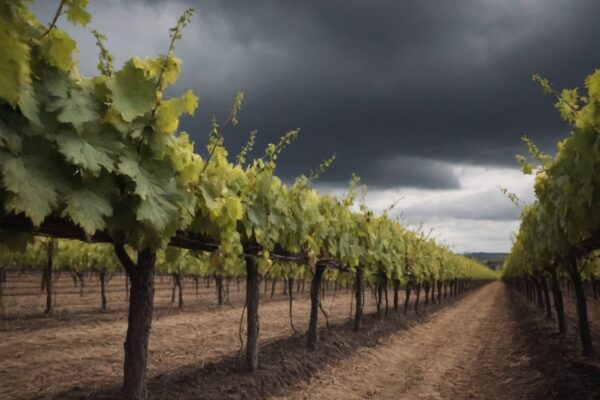
The Effects of Climate Change on Winemaking
Researchers from Italy have put together a useful paper (pdf) on the effects of climate change on wine composition and winemaking processes, focusing on the challenges posed and strategies to address them. This research is relevant because climate change will increasingly alter the flavour profiles, quality and availability of wines. It highlights how increasing temperatures,…
-
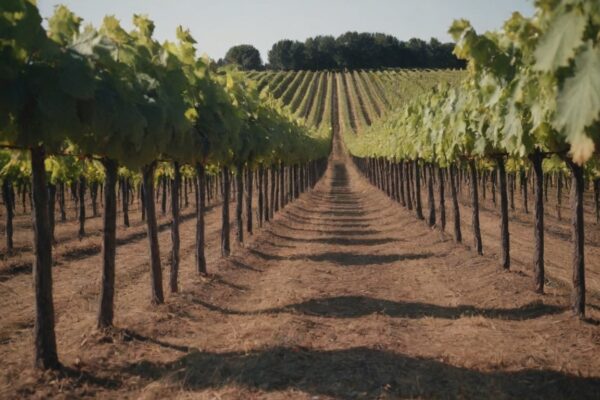
Insights from Vivino vs Expert Bordeaux Reviews
A new paper from Cambridge University Press examines the validity of crowdsourced wine ratings, focusing on the Vivino platform, by comparing them with professional critics’ assessments and exploring their sensitivity to weather variations that impact wine quality. Using a dataset of Bordeaux red wines, the study finds substantial correlation between Vivino ratings and professional evaluations,…
-
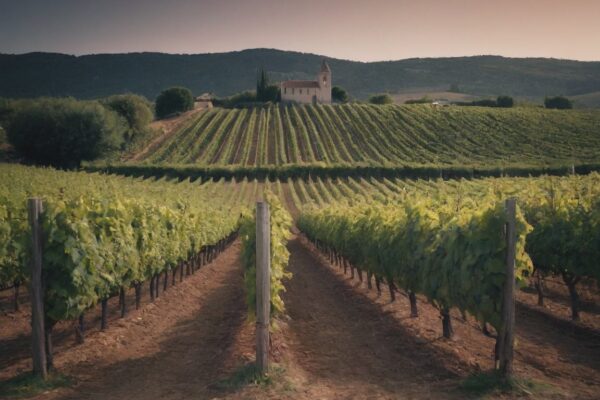
Lowest Wine Output Since 1961
The OIV’s new 2024 World Wine Production Outlook (PDF) highlights a challenging year for the global wine industry, with production estimated at 227 to 235 million hectolitres, reflecting a 2% decline from 2023 and a 13% decrease compared to the ten-year average. This marks the lowest global output since 1961, primarily driven by adverse climatic…
-
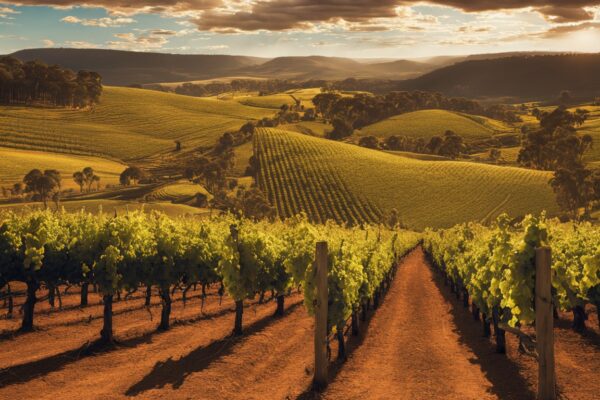
Consumer Attitudes and Willingness to Pay for Sustainable Wine
New research (pdf) looks into how age influences consumer attitudes and their willingness to pay for sustainably produced wine. The research is based on a survey of approximately 2,500 wine consumers across seven countries: the United States, South Africa, Netherlands, Italy, France, Chile and Australia. The study finds that younger consumers, those aged 18 to…
-
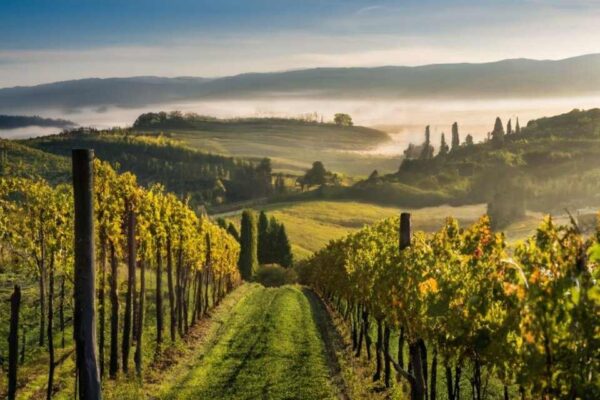
Italian Wine Production Fell by 17% Last Year
The Drinks Business is reporting that, in 2023, Italian agriculture suffered significantly due to extreme weather, with wine production being particularly affected. Europe experienced its hottest summer in 2,000 years, leading to a 3.9% drop in agricultural output in Italy. Specifically, the production of vines, fruits, and olives decreased by 11.1%, and overall wine production…
-

The Paradoxes of Dealcoholised Wine Production
In the DrinksBusiness, an anonymous wine producer criticises the growing trend of dealcoholised wines, arguing that the process is energy-intensive, costly, and significantly alters the wine’s original qualities, resulting in a product that lacks flavour and structure. The producer contends that the necessary additives to recreate the wine’s taste and stability are unnatural and environmentally…
-

Exploring Sustainability Trade-offs in Non-Alcoholic Wine Production
New research titled “Balancing Gains and Losses—A Research Note on Tradeoffs in the Case of Non-Alcoholic Wines in Germany,” authored by Frederik Nikolai Schulz, Alexander A. Kugel, and Jon H. Hanf, in Germany, explores the increasing significance of non-alcoholic wines . It highlights the dynamic market development of these products in recent years and addresses…
-
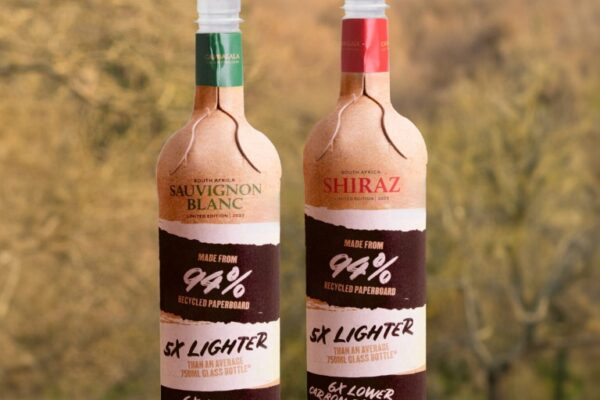
Aldi Unveils UK’s First Supermarket Own-Brand Paper Wine Bottles
Aldi has announced the launch of the UK’s first supermarket own-brand paper wine bottles, marking a significant step in sustainable packaging. The products, Cambalala South African Shiraz and Cambalala South African Sauvignon Blanc, priced at £7.99 for a 75cl bottle, will be available from 18th March, coinciding with Global Recycling Day. These innovative bottles are…
-

UK Bulk Wine Bottlers Embrace Cork for Sustainability
The Drinks Business is reporting that two leading UK bulk wine bottlers are making a move back to traditional cork stoppers. This change comes amidst growing demand among wine brands for more sustainable packaging solutions. This trend is largely driven by cork’s sustainable credentials, which are becoming more valued by both consumers and wine brands….
-
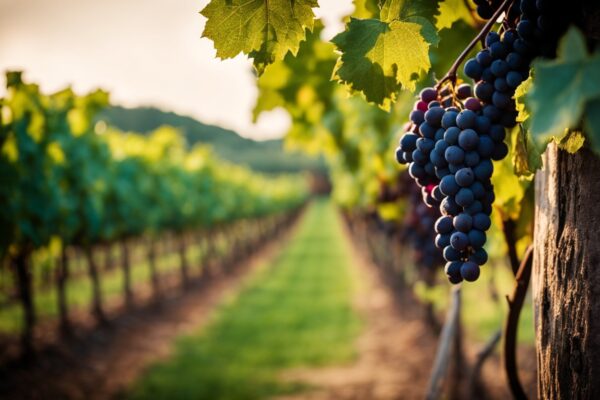
Global Warming and the Wine Industry
In a new study, Adapting and Thriving: Global Warming and the Wine Industry, researchers from Israel Universities look into the issue of global warming’s impact on the wine industry and propose a suite of innovative agricultural practices to combat these challenges. As the planet warms, the wine industry faces shifts in temperature and precipitation patterns…
-

Navigating the Rise of Alcohol in Wine
A new article Balancing act: Managing High Alcohol in Wine by Andy Neather discusses the growing concern in the wine industry regarding rising alcohol levels in wine, attributed to climate change and evolving consumer preferences for riper, more powerful wines. It specifically notes the trend of increasing alcohol content in wines from traditional regions like…
-

Adapting Winemaking Due to Climate Change
Wine Searcher has an informative article titled Short and Sweet: The New Vintage Paradigm, exploring the challenges and adaptations facing the wine industry in the wake of climate change. As the globe warms, winemakers are have to cope with a significant shift in their traditional practices due to a compressed growing season for grapes. The…
-

2023 Wine Production Expected to be Smallest for Sixty Years
The International Organisation of Vine and Wine (OIV) has reported that the world wine production for 2023 is expected to be the smallest in over six decades due to severe climatic events affecting yields across the globe. The European Union anticipates a lower output, with Italy and Spain experiencing significant declines due to adverse weather…
-

Flooding in South Africa Could Disrupt Your Favourite Wines
The South African wine industry is facing a new set of challenges that could potentially disrupt the supply and quality of wines from the region. According to a recent article on Wine Spectator, South African winemakers are grappling with flooding, which has caused significant damage to vineyards and infrastructure. This comes on top of the…
Did You Know?
For Crémant, grapes must be harvested by hand and the wines must undergo at least nine months’ ageing before release. More
In 2024, the UK was the second-largest export market for Champagne globally, after the United States. More
Local UK bottling of wine represents about 40% of imported wine. More
Around 1% of people, typically severe asthmatics, have a sulphite sensitivity. More
A large 80% of Australian wine arrives in the UK in bulk. More
Only about 0.02% of Australia’s landmass is dedicated to vineyards. More
In 2024, New Zealand produced only 1% of the World’s wine. More
In 2024, the US imported 37% of World production of Pinot Grigio and the UK was is in second place at 27%. More
In 2024, the UK was South Africa’s largest export market, with 40% of total exports. More
In 2024, the United Kingdom imported 22.3 million bottles of Champagne, a decline of 12.7% compared to the previous year. More
Larger Champagne producers source grapes from as many as 80 different vineyards throughout Champagne. More
Champagne houses and growers collectively produce around 300 million bottles annually. More
In 2025, the Champagne region was home to about 2,124 Champagne houses and approximately 19,000 growers. More
Provence is one of the leaders in the conversion to organic viticulture, with 61% of vineyards certified. More
8% of the South Africa’s grape production is Fairtrade-certified. More
Up to 80% of wine aroma compounds come from grape skins. More
Glycerol is the third-largest component of most dry wines after water and alcohol which is why they so often feel ‘smooth’ or ‘silky’ in the mouth. More
Humans are more than 400 times more sensitive to bitter than sweet. More
Humans can detect the earthy molecule geosmin at about 100 parts per trillion and camels are so sensitive to it they can locate damp ground from roughly 50 miles away. More
During the phylloxera crisis of the nineteenth century, 90% of Europe’s vineyards were destroyed. More
In 2025, for La Vieille Ferme, also known as “The Chicken Wine”, sales surged by 49.4% to £110.8 million. More
In 2025, in the UK, Yellow Tail held the top position with sales, marking a 9.8% increase over the previous year. More
In 2024, the UK was the second-largest wine importer in volume and value. More
In 2024, the UK was the fifth-largest wine-consuming country globally. More
In 2025, global wine consumption continued its downward trend, estimated at 214.2 million hectolitres, the lowest since 1961. More
In 2025, online alcohol sales had a 20% increase in value over five years. More
In 2025, the number of UK vineyards rose to 1,104 and wineries to 238, with land under vine expanding to 4,841 hectares, a 510% increase since 2005. More
Moët Hennessy alone commands nearly 46.66% of the Champagne market, with the top three producers together holding about 61%, and the top five controlling over 72%. More
In 2024, the Champagne market was worth roughly €3.92 billion. More
In the marketing year 2023/24, white wine accounted for roughly 55% of Spain’s output, whereas red and rosé together made up about 45%. More
In the UK, 92% of wine is consumed within 48hrs of purchase. More
The majority of wines, 95%, use commercial rather than wild yeast. More
Between 0.5 and 10 litres of water, per litre of wine, are needed for cleaning during winemaking. More
Machine harvesting can achieve up to 100 tons of fruit per day vs 1 ton for a human. More
In Germany, 2025 was the smallest wine vintage since 2010. More
The majority of vineyards, 90% in 2019, are farmed with heavy chemical interventions. Only 6% are organic. More
90% of low and coastal areas in south Europe and California will no longer be able to produce good wine by the end of the century. More
IMAGE WALL
Tools
Recent
-

Three Bowls Assyrtiko
-
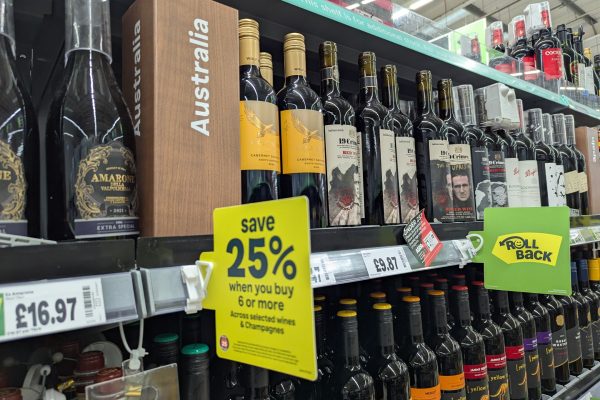
25% Off Wine at Asda
-
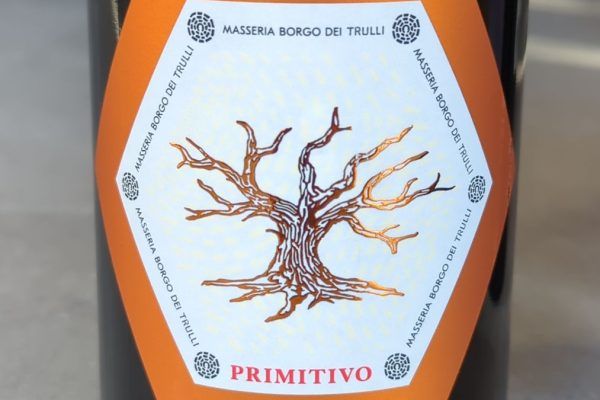
Lucale Primitivo Appassimento
-
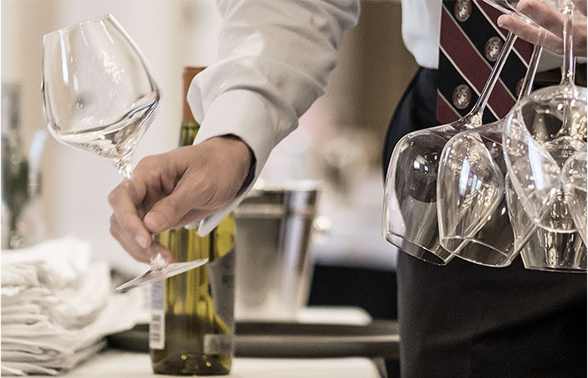
UK’s Top Restaurant Wine Lists Revealed
-
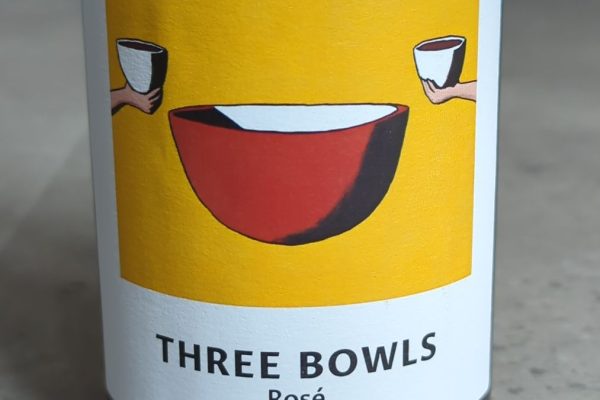
Three Bowls Rosé
-

Salvio Ribera de Duero
-
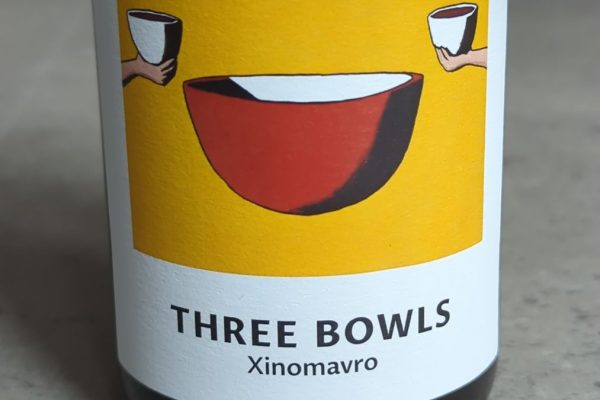
Three Bowls Xinomavro
-
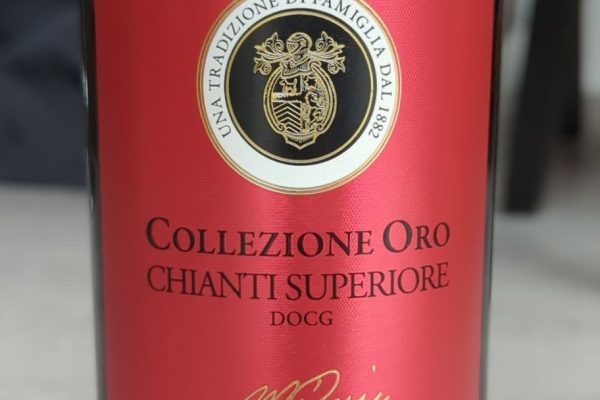
Piccini Collezione Oro Chianti Superiore
-
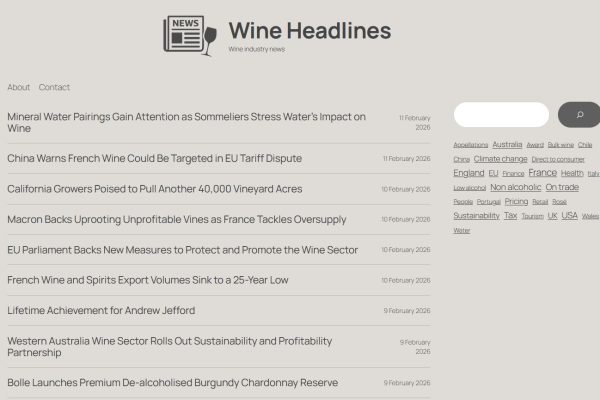
Introducing Wine Headlines: Daily Industry News
-
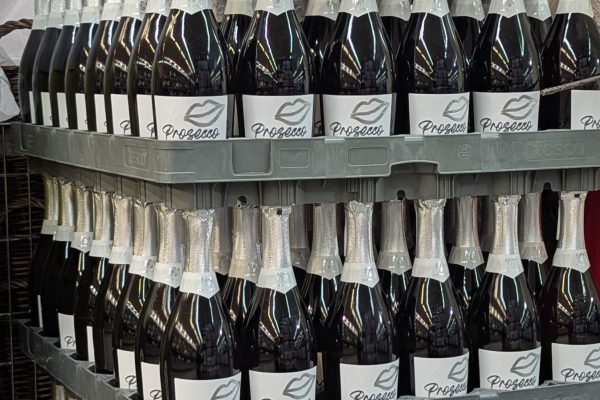
Wales to Raise Minimum Alcohol Price to 65p per Unit
Tags
25% Off Wine Aldi Amarone Argentina Articles Asda Australia Award Awards25 Bibendum Bizarre Blog Books Bordeaux Bulk Bottling Cabernet Sauvignon Carménère Cava Champagne Chardonnay Chenin Blanc Chile Climate Change Coop Costco Decanter Duty English Wine EPR Events Fairtrade Food France Furmint Germany Glossary Greece Health Hungary Italy IWSC Jeroboams Laithwaites Legislation Liberty Wines Lidl Low Alcohol M&S Majestic Malbec Merch Merlot Morrisons Natural News New Zealand Non-Alcoholic Ocado Old Vine Organic Past Tastings Pinotage Pinot Noir Port Portugal Primitivo Prosecco Regulations Reviews Ribera del Duero Riesling Rioja Ripasso Rose Sainsbury's Saperavi Sauvignon Blanc Shiraz Sicily South Africa Spain Sparkling Supermarkets Sustainable Tax Terroir Tesco The Wine Society Unrepresented USA Valpolicella Virgin Wines Waitrose Wanderlust Welsh Wine What to Buy Wine Art WineGB WIne Glasses Zinfandel




